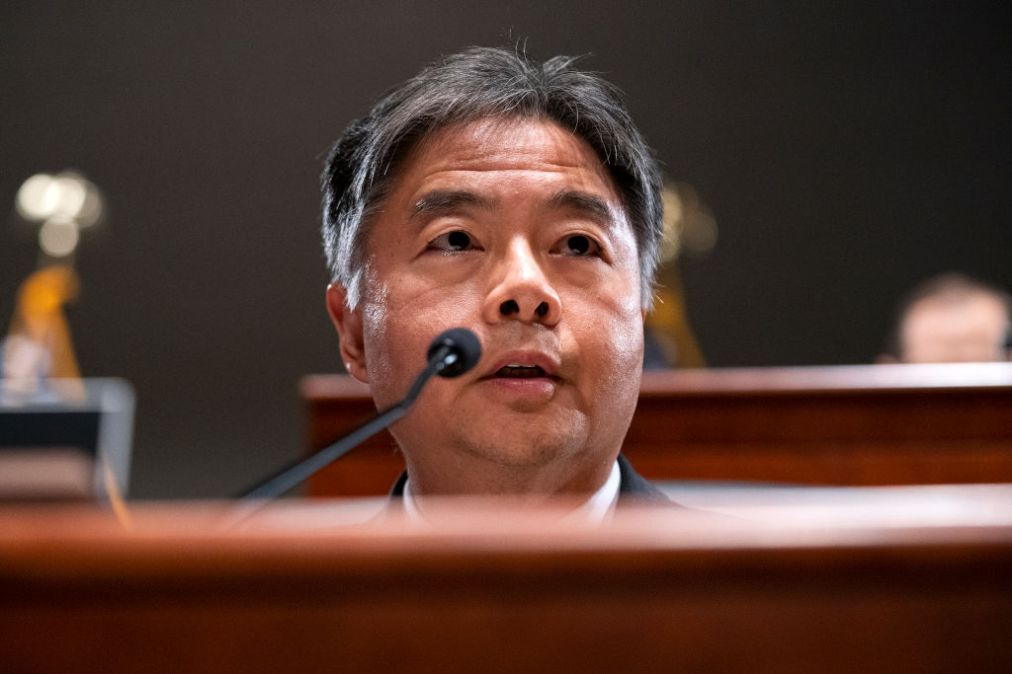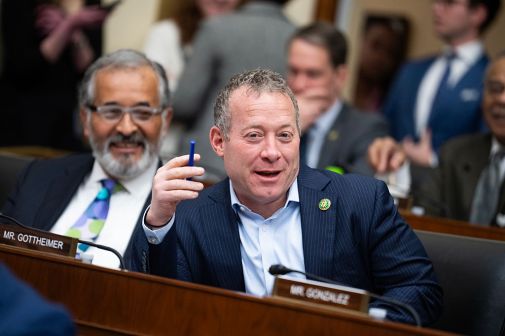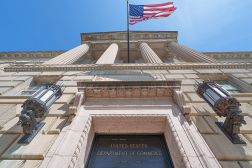Congress seeks creation of regulatory AI commission with new bill

A bipartisan group of lawmakers introduced legislation Tuesday that would create a blue-ribbon commission on artificial intelligence to develop a comprehensive framework for the regulation of the emerging technology.
The bicameral National AI Commission Act would create a 20-member commission to explore AI regulation, including how regulation responsibility is distributed across agencies, the capacity of agencies to address challenges relating to regulation, and alignment among agencies in their enforcement actions.
The commission would be comprised of experts from civil society, government, industry and labor, and those with technical expertise – with no one sector constituting a majority of the members of the commission. Half of the members would be appointed by Democrats and half by Republicans
“Our bill forges a path toward responsible AI regulation that promotes technological progress while keeping Americans safe,” the bill’s lead sponsor Rep. Ted Lieu, D-Calif., said in a statement.
“Transparency is critical when legislating on something as complicated as AI, and this bipartisan, blue ribbon commission will provide policymakers and the American public with the basis and reasoning for the recommendations and what information was relied upon,” added Lieu, who previewed the legislation while speaking with FedScoop earlier this month on the sidelines of the AWS Public Summit in Washington.
Reps. Ken Buck, R-Colo., and Anna Eshoo, D-Calif., also sponsored the legislation.
Sen. Brian Schatz, D-Hawaii., will be introducing companion legislation in the Senate soon.
Furthermore, the commission would be tasked with recommending new governmental structures that may be needed to oversee and regulate AI systems, including the feasibility of a new oversight approach for powerful AI systems using an evidence-based approach.
Finally, the commission would also be tasked with establishing a binding risk-based approach built upon previous federal and international AI regulatory efforts.
“Artificial Intelligence holds tremendous opportunity for individuals and our economy,” said Buck. “It’s also possible that AI poses a great risk for our national security. I’m proud to lead this bipartisan piece of legislation with Rep. Lieu to ensure that Congress considers expert opinions before the government takes action in this emerging field.”
The legislation would call for the bipartisan commission to create three reports to send to Congress and the president — an interim report six months after enactment of the law with immediate actions, a final report a year after passage with the binding regulatory framework, and a follow-up report a year after that with any new findings and revised AI recommendations.
“As Co-Chair of the bipartisan Congressional Artificial Intelligence Caucus, I understand how complex the issue of artificial intelligence is. The National AI Commission Act is an important first step to bring together stakeholders and experts to better understand how we can regulate AI and what guardrails must be in place as AI becomes more prevalent across society,” Rep. Eshoo said in a statement.






